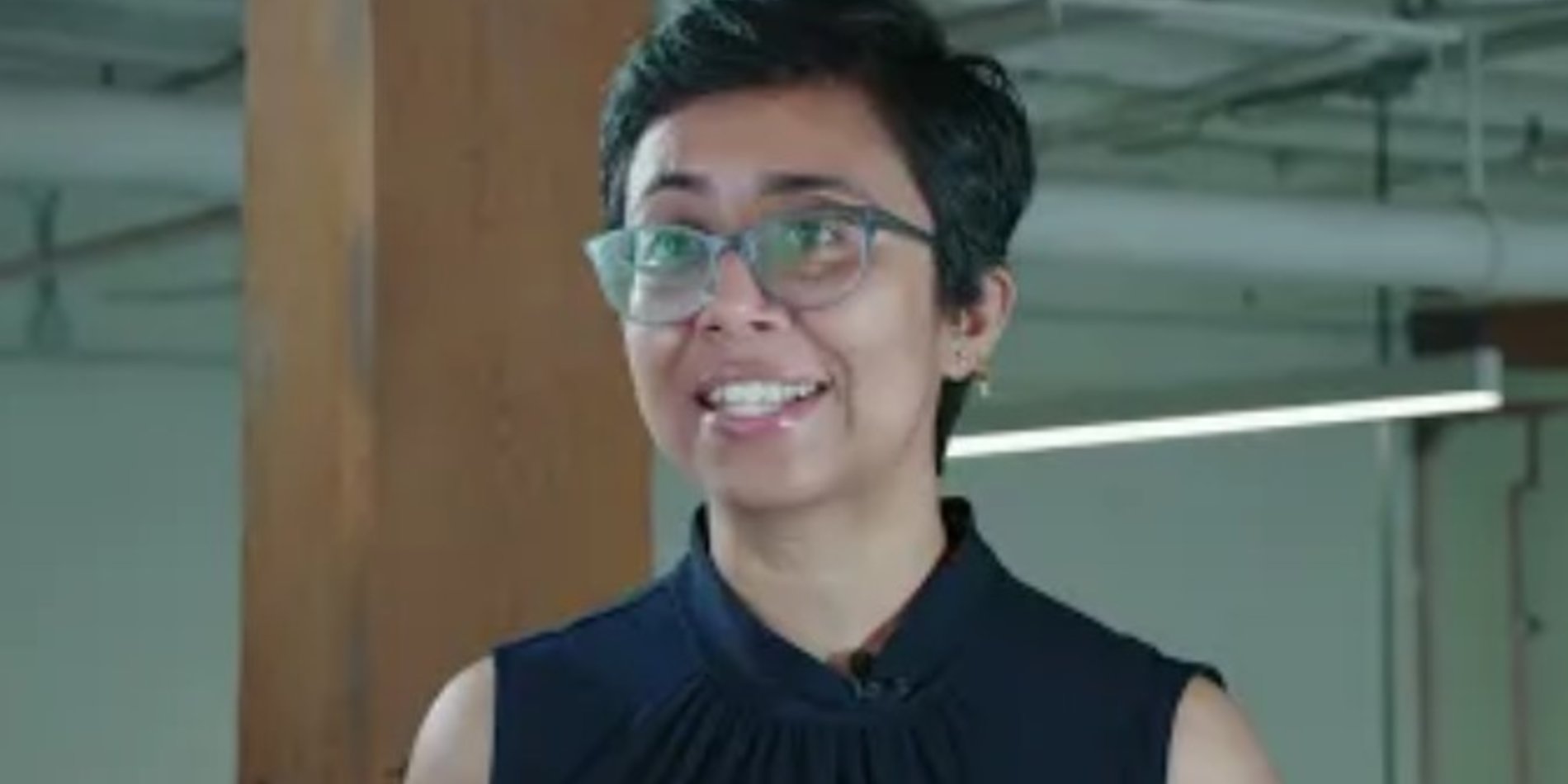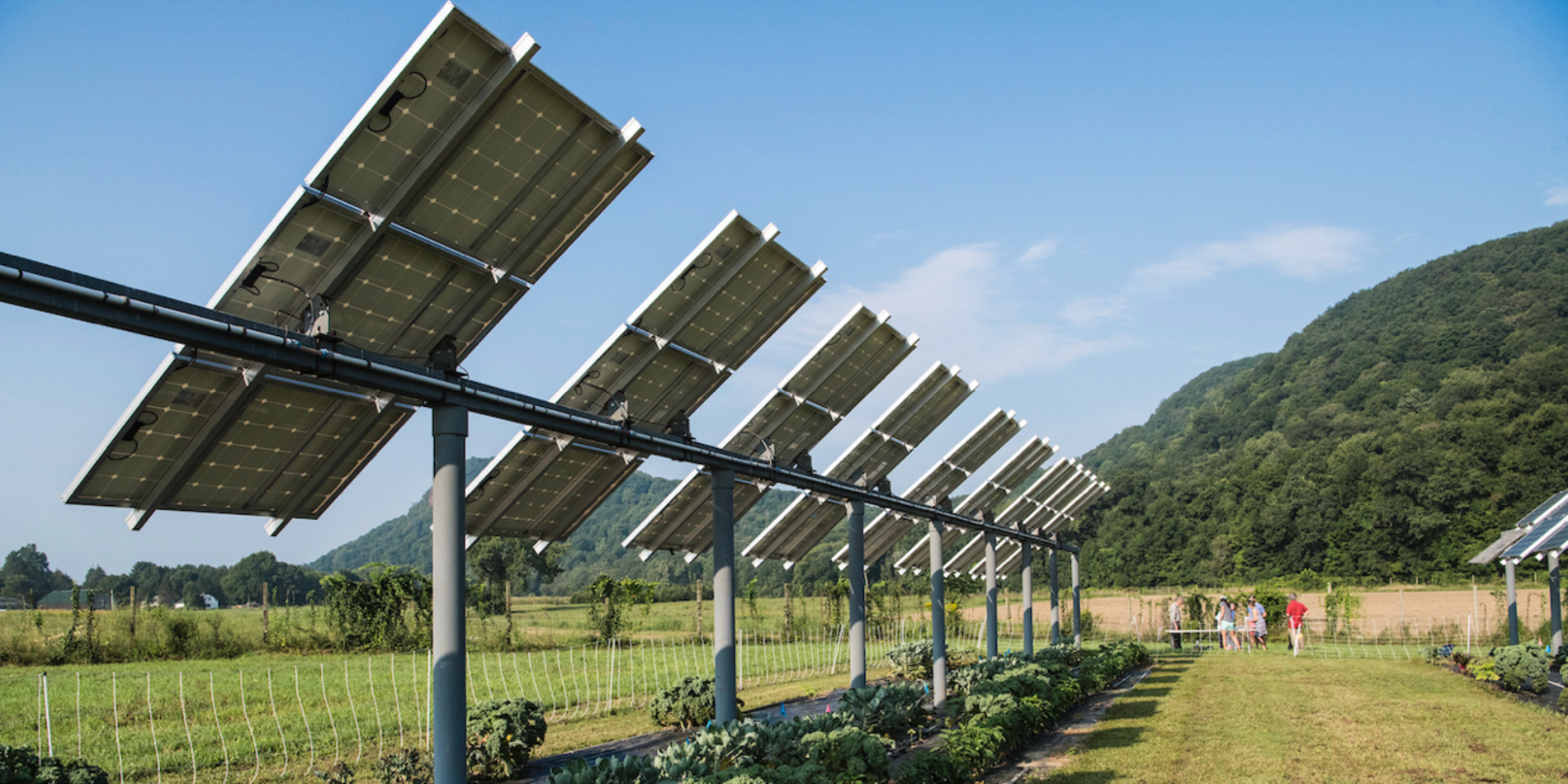Innovation Transfer Program steps up to the plate with new ventures
How do Stanford University faculty and students bridge the gap between great research on sustainability solutions and real-world impact? Several avenues exist for this at Stanford and elsewhere, but one has hit homeruns consistently: the Innovation Transfer Program at the university’s TomKat Center for Sustainable Energy, which has taken on 13 new projects over the past nine months.
The program has granted $4.8 million to 78 projects since its fall 2013 start. This has resulted in $322 million in external funding, three acquisitions, and 20 independent companies with 650 employees and $53 million in annual revenue. Innovation Transfer helps entrepreneurial teams, under the guidance of Stanford faculty members and mentors from industry and Silicon Valley, advance breakthrough sustainability innovations toward commercialization. Grants are awarded to develop prototypes, refine business plans, and conduct customer trials and market research.
“The program’s success speaks to how pivotal early resources are in helping translate academic research to solutions-based ventures,” said Jennifer Dionne, one of two co-directors of the TomKat Center and a professor of materials science and engineering. “The latest cohort of awardees are tackling a wide variety of sustainability challenges, and we're excited to support them.”
The program helps teams that are advancing both technological and business model innovations. The 2019-20 awardees includes teams that seek to reimagine traditional gravity-based energy storage by repurposing decommissioned oil and gas wells, create a digital network to revolutionize industrial recycling, charge electrical devices wirelessly, and simplify the detection of contaminated food and water.
“We’re continually impressed by the ambition and ingenuity of the teams that apply to the program.” said Matthew Kanan, Dionne’s partner as co-director of the TomKat Center and a Stanford professor of chemistry. “Our goal is to help them take critical steps at this very early stage that ultimately shortens their path to a successful and impactful product.”
Kanan and Dionne confirmed what many at Stanford and in Silicon Valley already know: The program has benefited enormously from the experience and skills of its executive director, Brian Bartholomeusz. Prior to his current position, the Stanford PhD alumnus co-founded three startups and participated in a successful initial public stock offering.
“We’re advancing new sustainability technologies, but also supplying talented, passionate, experienced entrepreneurs to the sustainability ecosystem.” said Bartholomeusz. “We hope that the experiences of the teams that are supported by Innovation Transfer also help inspire others on campus who are working on problems in energy and sustainability to consider an entrepreneurial path.”
Fall 2019 and spring 2020 winners
The 13 early-stage ventures gaining support to move toward commercialization cover sustainability solutions for challenges in energy, agriculture, finance, recycling, apparel and personal carbon footprint reduction. They are:
AgAi enables farmers to collect information by using a simple but powerful computer vision and AI based smartphone application. Team: Edward Silva (MBA/MS, GSB E-IPER) and PI: Prof. Stefan Reichelstein (GSB)
Anthro Energy is developing a polymer electrolyte for lithium ion batteries to improve their performance and safety. Team: David Mackanic (PhD, Chem E), Michael Kao (BS, MSE), and PI: Prof. Zhenan Bao (Chem E)
Archive is developing a circular economy marketplace that will bring clothing buyers, sellers, and fashion brands together on one platform. Team: Emily Gittins (MBA, GSB; MS Environment and Resources), Harry Emeric (MS, Statistics), Arafat Mohammed (BS, Computer Science and Global studies), Zoe Mhungu (BS, Biomedical Engineering and Management) and Prof. Stefan Reichelstein (GSB)
Carbon Down is a climate action social media platform empowering users to have a scalable impact on climate change. Team: Leif Gonzales-Kramer (M.S. Earth Systems), Ian Arko (B.S. Electrical Engineering), PI: Prof. Marshall Burke (Earth System Science)
Distribute Capital is a new kind of direct-to-investor, direct-to-project sustainable infrastructure investment fund. Team: Adrien Duroc-Danner (JD, Law & MS, E-IPER), Rob Auger (GSB), Juliana Lu-Yang (ChemE BS), and PI: Prof. Stefan Reichelstein (GSB)
ElectroFlame uses a plasma flame that operates only on electricity and atmospheric air to replace natural gas burners. Team: Ben Wang (PhD, ME) and PI: Prof. Mark Cappelli (ME)
FarmRaise unlocks funding for sustainable and regenerative agriculture, helping farmers access grants and loans to support on-farm conservation, CO2 mitigation practices, soil improvement, and operational improvements that make farms and ranches more sustainable and profitable. Team: Jayce Hafner (MBA, MS E-IPER), Sami Tellatin (MBA, MS E-IPER), and PI: Prof. Rebecca Lester (GSB)
Federato aims to help insurance underwriters distribute future risks and identify investments critical in achieving a sustainable future. Team: Will Ross (MBA, GSB), William Steenbergen (MS, ICME), and PI: Prof. Seungjin Whang (GSB)
Greency is a gamified social impact app with an automatic carbon footprint tracker and educational components for a sustainable lifestyle. Team: Ilmir Nasretdinov (MSx, GSB), Hanna Shuvalova (MSx, GSB), and PI: Prof. Saumitra Jha (GSB)
ReMatter is creating a digital network to connect waste producers, recyclers, and end-users, which will automate and revolutionize their ability to efficiently exchange materials and reduce the waste of valuable material feedstocks. Team: Wyatt Pontius (MS, MS&E), Thomas Colburn (BS, ChemE), Drake Hougo (BA, Social Sciences), Sean O’Bannon (MS, CS), PI: Prof. Matteo Cargnello, (ChemE)
Renewell Energy's technology will deploy gravity-based, long duration grid-scale energy storage at a very low cost. Team: Kemp Gregory (MS, CEE), Stefan Streckfus (MS, CEE), Yuval Tamir (MSx, GSB), Berk Manav (MS, CEE), Walker Colt (Rice, MBA), and PI: Prof. Sally Benson (ERE)
Resonant Link builds the world's most efficient and effective wireless chargers, eliminating the most expensive component in conventional wireless chargers and providing a credible pathway to scale. Team: Grayson Zulauf (PhD, EE) and PI: Prof. Juan M. Rivas-Davila (EE)
Yocto is an all-optical, label-free platform to detect contaminants in food, water, and soil. Team: Amr Saleh (Postdoc, MSE) and PI: Prof. Jen Dionne (MSE)




